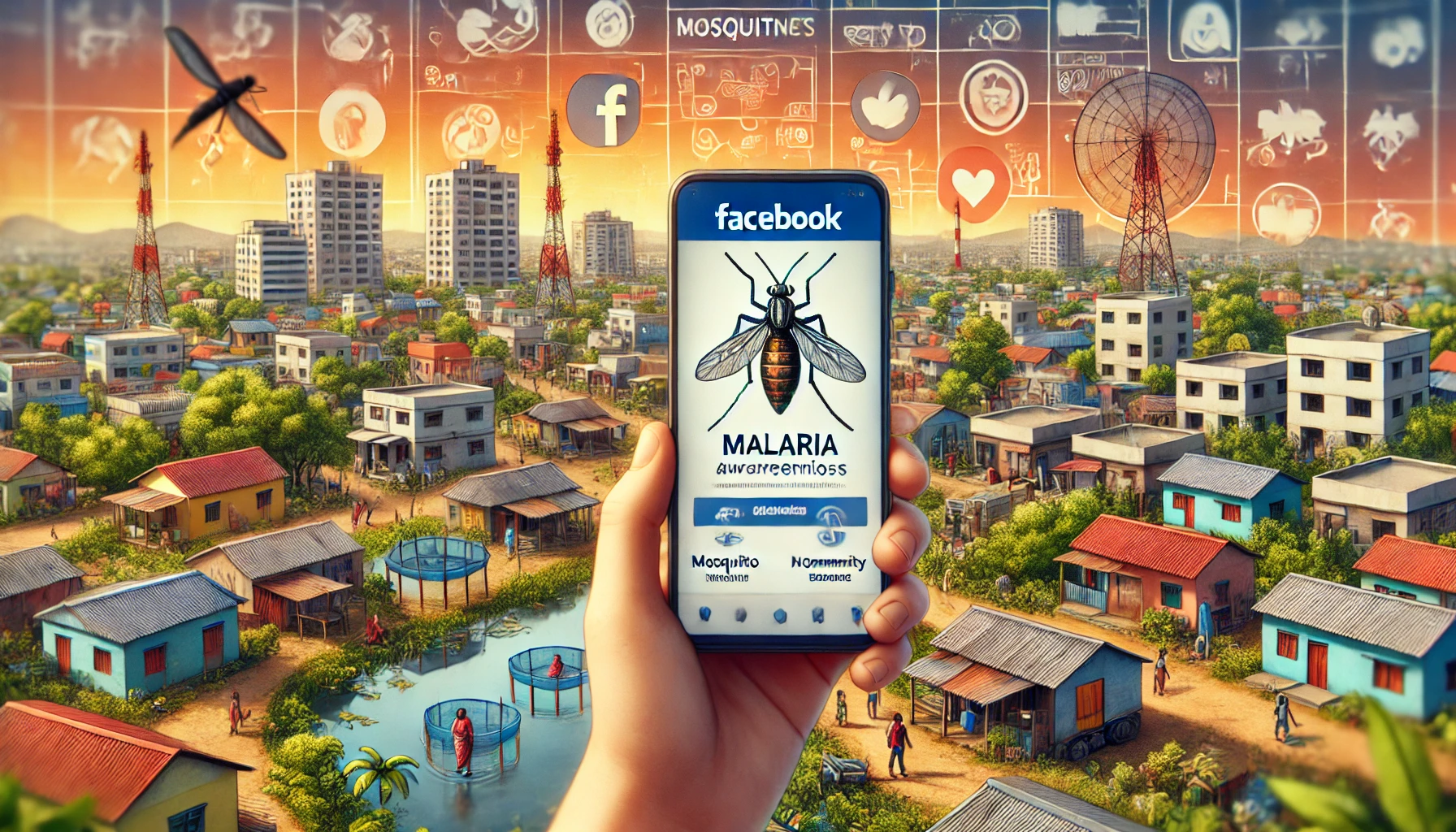Georgia Certified Malaria-Free by WHO After Nearly a Century of Efforts
“Today we congratulate the people of Georgia for their decades of targeted and sustained actions to eliminate malaria, one of the world’s leading killers,” said Dr. Tedros Adhanom Ghebreyesus, WHO Director-General.

The World Health Organization (WHO) has officially certified Georgia as malaria-free, marking the culmination of nearly 100 years of dedicated efforts to eliminate the disease. Georgia now joins the ranks of 45 countries and one territory that have achieved this significant milestone.
“Today we congratulate the people of Georgia for their decades of targeted and sustained actions to eliminate malaria, one of the world’s leading killers,” said Dr. Tedros Adhanom Ghebreyesus, WHO Director-General. “Georgia’s commitment and success give us hope that a malaria-free world is possible.”
A Milestone for Europe
With Georgia’s achievement, the WHO European Region is closer to becoming the first malaria-free region globally. “This milestone reflects decades of hard work, sustained investment, and collaboration,” said Dr. Hans Henri P. Kluge, WHO Regional Director for Europe. “Georgia’s success is a testament to the dedication of its health workforce, robust prevention strategies, and effective treatments.”
Certification Criteria and Recognition
WHO grants malaria-free certification to countries that can demonstrate the absence of indigenous transmission for at least three consecutive years. Georgia’s achievement is also seen as an endorsement of its strong healthcare system. Minister of Health Mikheil Sarjveladze noted, “This success means that Georgia can address important health challenges and further strengthen its public health capabilities.”
Malaria’s Long History in Georgia
Malaria has afflicted Georgia for centuries, with an estimated 30% of the population infected in the 1920s. Before systematic control measures were introduced, three parasite species—Plasmodium falciparum, P. malariae, and P. vivax—were endemic. Large-scale mosquito control and improved healthcare access reduced cases significantly by the 1940s. However, World War II caused a resurgence due to population movement and strained health systems.
The post-war period saw intensified efforts to eliminate malaria. By 1970, transmission of P. vivax, the most prevalent species, was interrupted. Georgia maintained its malaria-free status for 25 years before cases resurfaced in 2002.
Renewed Commitments and Sustained Efforts
In 2005, Georgia signed the Tashkent Declaration alongside nine other countries in the WHO European Region, pledging to eliminate malaria. Following intensified interventions, Georgia recorded its last indigenous malaria case in 2009. By 2015, all 53 countries in the WHO European Region reported zero indigenous cases of malaria.
The Ashgabat Statement in 2017 reaffirmed the region’s commitment to preventing the re-establishment of malaria. Today, Türkiye remains the only country in the region yet to achieve certification.
The Road Ahead
During Georgia’s certification process in 2024, WHO’s Technical Advisory Group on Malaria Elimination and Certification praised the country’s strong healthcare infrastructure, public-private collaboration, and political commitment.
“Achieving malaria-free status is not the end of the journey,” noted Dr. Kluge. “Sustained vigilance and robust health systems are vital to prevent resurgence.”
As Georgia celebrates this milestone, it sets an example for global health efforts to eliminate malaria, demonstrating that with political will, investment, and coordinated action, even the most persistent public health challenges can be overcome.










